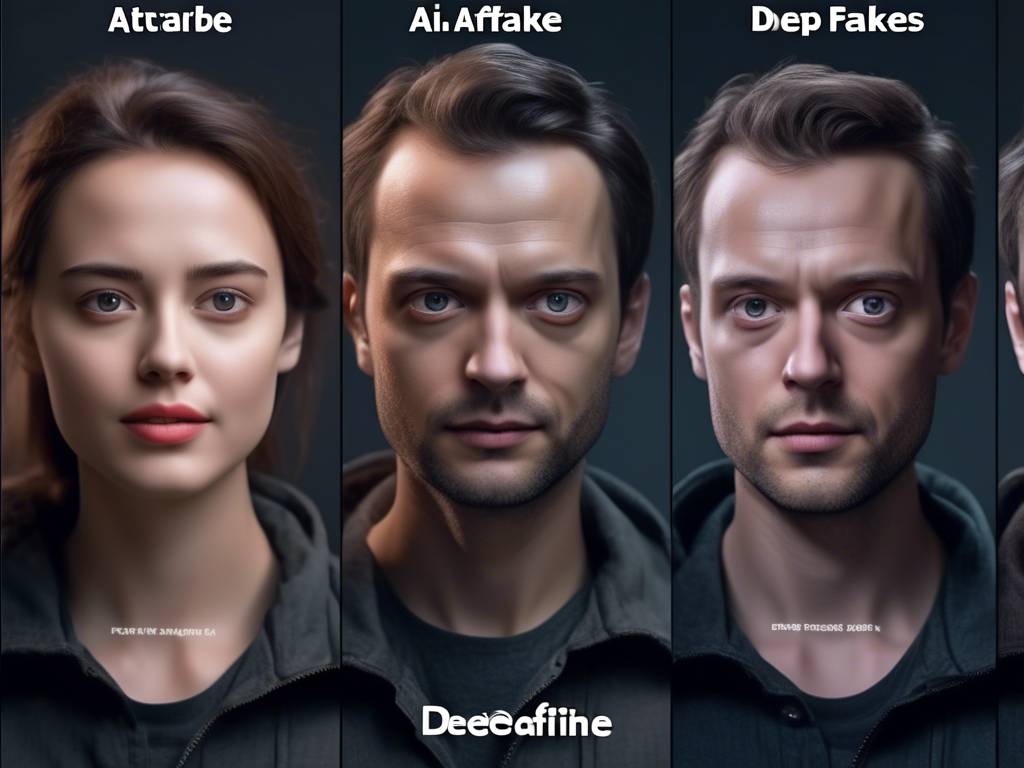Deepfakes: The Moral Dilemma of AI in Politics
In the upcoming 2024 election cycle, the issue of deepfake technology and its potential impact on political content is a growing concern. Denver Riggleman, a former Republican Congressman and founder of Riggleman Information and Intelligence Group, warns about the moral boundaries of AI and the dangers posed by deepfake manipulation. Riggleman emphasizes the need for vigilance and regulation to combat the spread of falsified information that could influence public opinion and even incite violence.
The Threat of Deepfakes in Political Discourse
– Deepfake technology presents a significant challenge in detecting and preventing the dissemination of manipulated content.
– Riggleman highlights the ease with which deepfakes can be created and the potential impact on public perception.
– Misinformation spread through deepfakes can lead to radicalization and misinterpretation of political messages.
– The lack of understanding among the public about deepfake technology further exacerbates the problem.
Enforcement and Regulation of Deepfakes
– Riggleman raises concerns about the enforcement mechanisms for regulating deepfake content.
– Satirical use of deepfakes blurs the line between parody and malicious intent.
– The threat of deepfakes being used to incite violence or defame political figures is a pressing issue.
– Riggleman is working on AI projects to license deepfake technology, emphasizing the need for responsible usage.
The Role of Tech Companies in Combatting Deepfakes
– The responsibility of tech companies in moderating and preventing the spread of deepfakes is a crucial aspect of safeguarding political discourse.
– Riggleman underscores the challenge of content moderation and the need for self-regulation within the tech industry.
– Government intervention may lag behind the rapid evolution of deepfake technology, making self-moderation essential.
– The proliferation of social media platforms and online channels adds complexity to monitoring and combating deepfake content.
Hot Take: The Perpetual Battle Against Deepfakes
The ethical implications of AI-driven deepfakes in political communication are profound and far-reaching. Riggleman’s insights shed light on the urgency of addressing the moral boundaries of technology and the potential risks of unchecked manipulation. As the 2024 election approaches, vigilance, regulation, and responsible use of AI are critical in safeguarding the integrity of democratic processes and public discourse. The battle against deepfakes is not just a technological challenge but a moral imperative that requires collective action and accountability.





 By
By
 By
By

 By
By
 By
By
 By
By